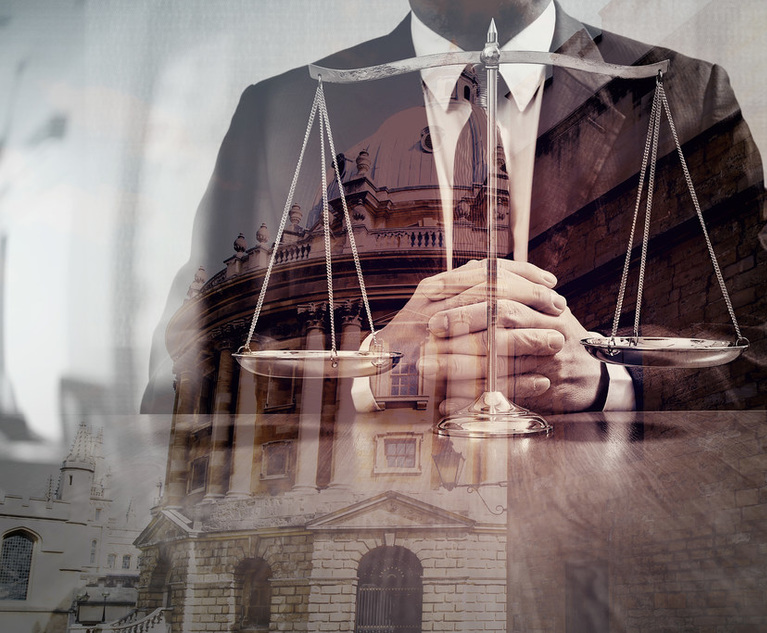For many attorneys, being compelled to testify in a case can be a stressful situation. Although litigators are generally familiar with courtroom procedure and the duty of candor, providing sworn testimony comes with additional risks and exposure that are typically not present when an attorney is acting only as an advocate. In some situations, if an attorney is a critical or material witness, the attorney could even be compelled to withdraw from the representation. Thus, attorneys providing testimony is typically not a simple matter.
There are many situations in which attorneys may be required to testify. They may receive a subpoena from a third party to testify in a deposition, administrative, or other court proceeding unrelated to an active matter. In another example, an adversary in litigation may employ discovery tools to call opposing counsel as a fact witness to the proceedings or underlying facts. Finally, in some cases, an attorney’s client may want their counsel to provide testimony to strengthen their defense, notwithstanding the impact such testimony could have on whether the attorney could be forced to withdraw.
This content has been archived. It is available through our partners, LexisNexis® and Bloomberg Law.
To view this content, please continue to their sites.
Not a Lexis Subscriber?
Subscribe Now
Not a Bloomberg Law Subscriber?
Subscribe Now
LexisNexis® and Bloomberg Law are third party online distributors of the broad collection of current and archived versions of ALM's legal news publications. LexisNexis® and Bloomberg Law customers are able to access and use ALM's content, including content from the National Law Journal, The American Lawyer, Legaltech News, The New York Law Journal, and Corporate Counsel, as well as other sources of legal information.
For questions call 1-877-256-2472 or contact us at [email protected]


 Alanna Clair, left, and Shari Klevens.
Alanna Clair, left, and Shari Klevens.




